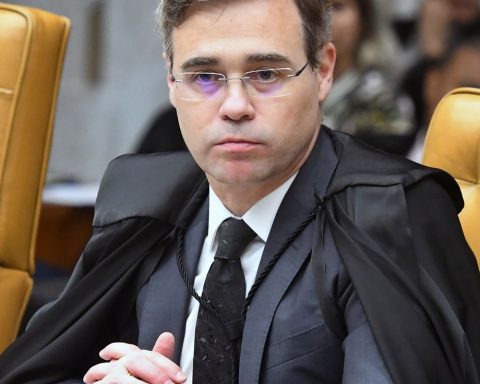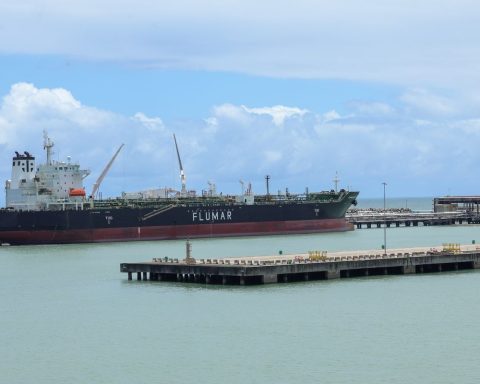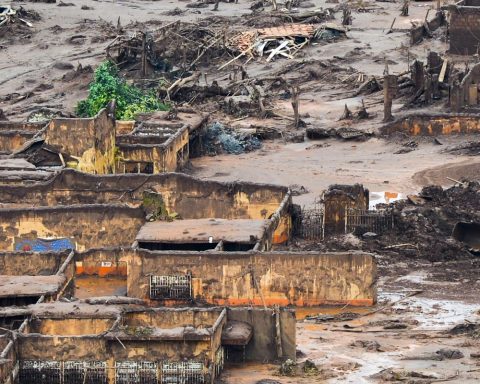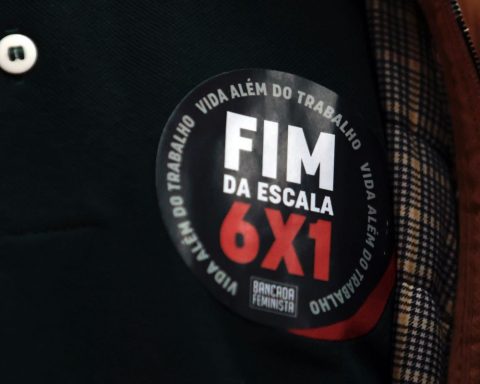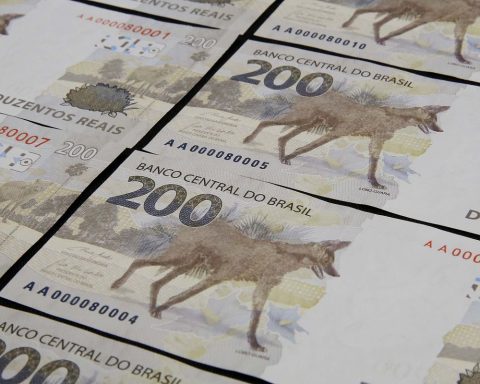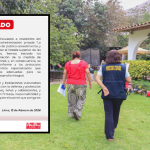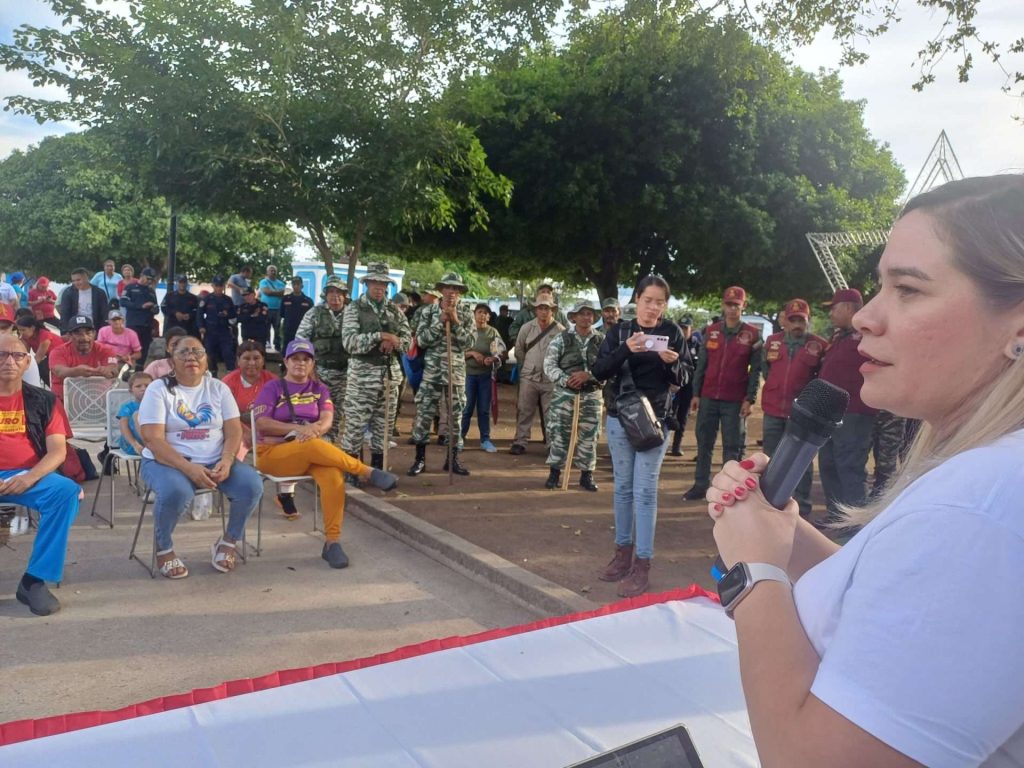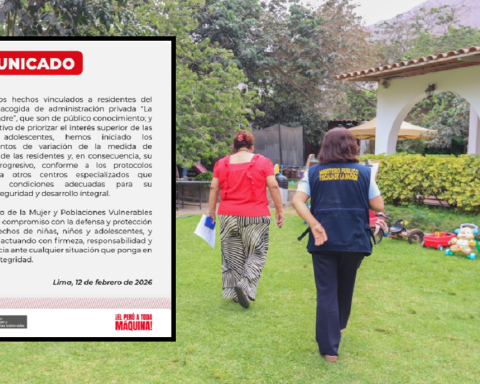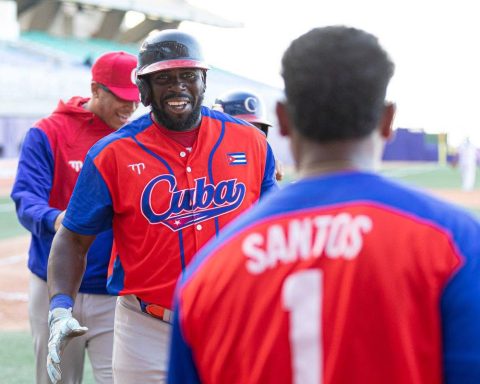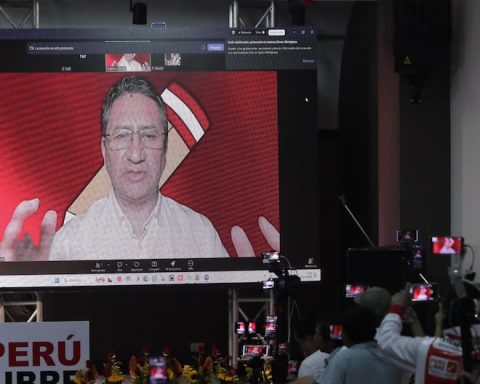The new global agreement of climate financing, set at US$300 billion per year, is insufficient to provide the answers the world needs to face the climate crisis. This is the view of several environmental entities that followed the discussions at the 29th United Nations Conference on Climate Change (COP29), held in Baku, Azerbaijan, and ending this Saturday (23).
COP29 participants closed a US$300 billion deal per year that rich countries must donate to developing countries, until 2035, to combat and mitigate climate change. The objective is to promote actions to limit the increase in global temperature to 1.5°C. The nations most impacted by extreme climate events defended a target of US$1.3 trillion annually and considered the decision an insult.
“COP29 adopted a new financing target below the needs of developing countries and without any clear obligation for developed countries. The route to Belém will be difficult, but we have confidence in Brazilian leadership to deliver a result that contributes to global climate justice”, said Greenpeace Brazil Campaigns Director, Raíssa Ferreira.
The next climate change conference (COP30) will be held in Brazil, in November 2025, in Belém (PA). For Greenpeace, the country’s main mission will be to articulate more ambitious financial goals and mobilize resources that bring global commitments closer to the urgent demands of island countries and other developing nations.
The final Baku text determines that the total resources to be financed by rich countries come from “a wide variety of sources, public and private, bilateral and multilateral, including alternative sources”. The measure is also criticized by the entity that argues that robust public financing would be the best way to face the climate emergency in a fair way.
“Resources delivered through loans or private financing, instead of public financing based on donations, could deepen the external debt of countries that most need help right now and compromise the polluter pays principle, where those who pollute the most are held financially responsible for the destruction they cause”, says Greenpeace.
In the same sense, the Climate Observatory assesses that this forecast of diversity of sources dilutes the responsibility of rich nations, which is unlikely to be reversed in the future. “The financing agreement reached today in Baku distorts the UNFCCC [Convenção-Quadro das Nações Unidas sobre Mudanças Climática] and subverts any concept of justice. With the help of an incompetent presidency, developed countries managed, once again, to abandon their obligations and make developing countries literally pay the bill”, said Claudio Ângelo, coordinator of International Policy at the Climate Observatory.
New goals
WRI Brazil’s Climate Director, Karen Silverwood-Cope, recalled that the new agreement will replace the US$100 billion per year foreseen for the period 2020-2025. “This is an increase that merely covers the inflation of the US$ 100 billion per year promised in 2009 [na COP15, de Copenhague, na Dinamarca]. The investment gap in the present will increase costs in the future, creating a potentially more expensive path to climate stability”, he assessed.
For her, more funding would encourage nations to present new, more ambitious Nationally Determined Contributions (NDC) – each country’s climate plans – next year. As the host country of COP30, the Brazil has already presented the third generation of its NDC that defines the emissions reduction of greenhouse gases from 59% to 67% in 2035. The delivered document reaffirms the goal of climate neutrality by 2050 and summarizes the public policies that come together to make the proposed goals viable.
As a highlight of COP29, Karen mentions a positive image of Brazilian leadership. “Now, upon assuming the presidency of COP30, Brazil will have the duty to continue being a positive example and demand greater ambition from other countries, as well as regaining the trust of the parties after a worn-out decision-making process and in a more challenging geopolitical context”, said the director of WRI Brasil.
For the WWF-Brazil organization, the agreement “does not come close to meeting the financing needs of developing countries”, and the result of COP29 risks delaying climate action precisely at the moment when its acceleration is most critical and necessary. “Insufficient for mitigation actions, the announced value also disregards the urgent and necessary efforts for adaptation and for losses and damages, which negatively and disproportionately affects less developed countries and islands, which contributed less to the emission of greenhouse gases. greenhouse,” he says.
Negotiations
WWF-Brazil assesses the “urgent need” to strengthen multilateralism and says that Brazil will play a decisive role in 2025, pushing for additional climate financing, after the unsatisfactory result of COP29.
“Although Azerbaijani negotiators have never stood out in previous conferences, the concentration of decisions on the presidency and the subtraction of excerpts resulting from previous achievements – such as the mention of fossil fuels made in the COP28 agreement, in Dubai, in the United Arab Emirates – opened space for divergences between developed and developing countries to escalate to levels not seen at least since COP15 in Copenhagen”, stated the entity, criticizing the massive presence of representatives of oil and gas industries at COP29.
“Responsible for two-thirds of global gas emissions that are warming the planet and changing the climate, fossil industries can no longer be admitted to climate conferences given the obvious conflict of interests. This is an especially important point for the next COP, to be held in Brazil, where oil exploration is already object of disputecriticized WWF-Brazil.
In a speech at the final plenary of COP29, the Minister of Environment and Climate Change, Marina Silva, assessed the conference in Baku as a “difficult experience”. “It is essential, especially after the difficult experience we are having here in Baku, to reach a result that is minimally acceptable for all of us, given the emergency we are experiencing,” he said.
The minister criticized the initial proposal from the richest nations for climate financing of US$280 billion until 2035, which increased to US$300 billion annually to fund international commitments. “Developing countries are not seeking these resources for their own benefit, but for the benefit of everyone. So, developed countries have obligations, according to the Paris Agreement, to make these contributions that help leverage private resources”, reinforced Marina.

